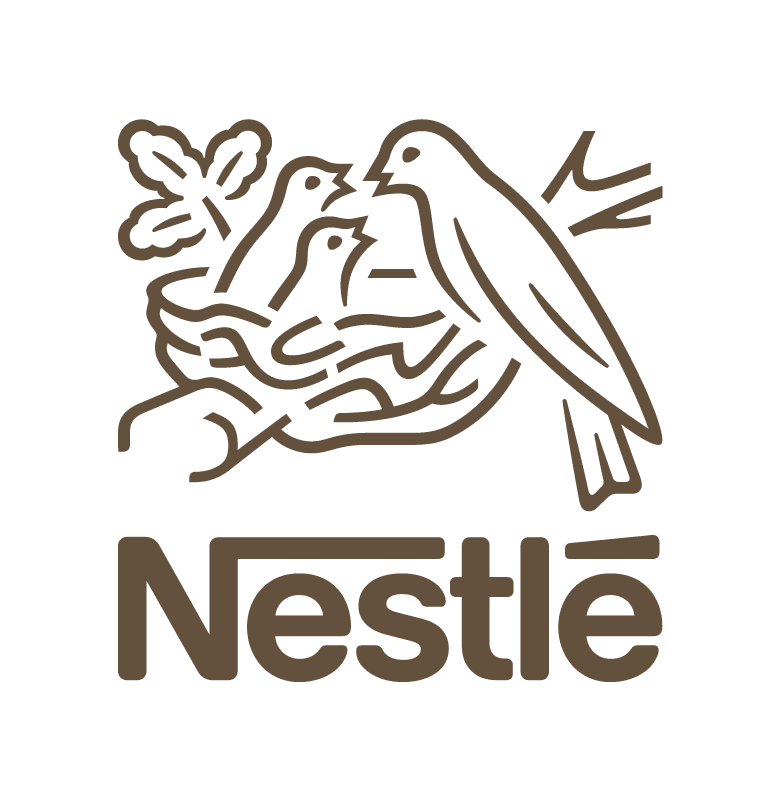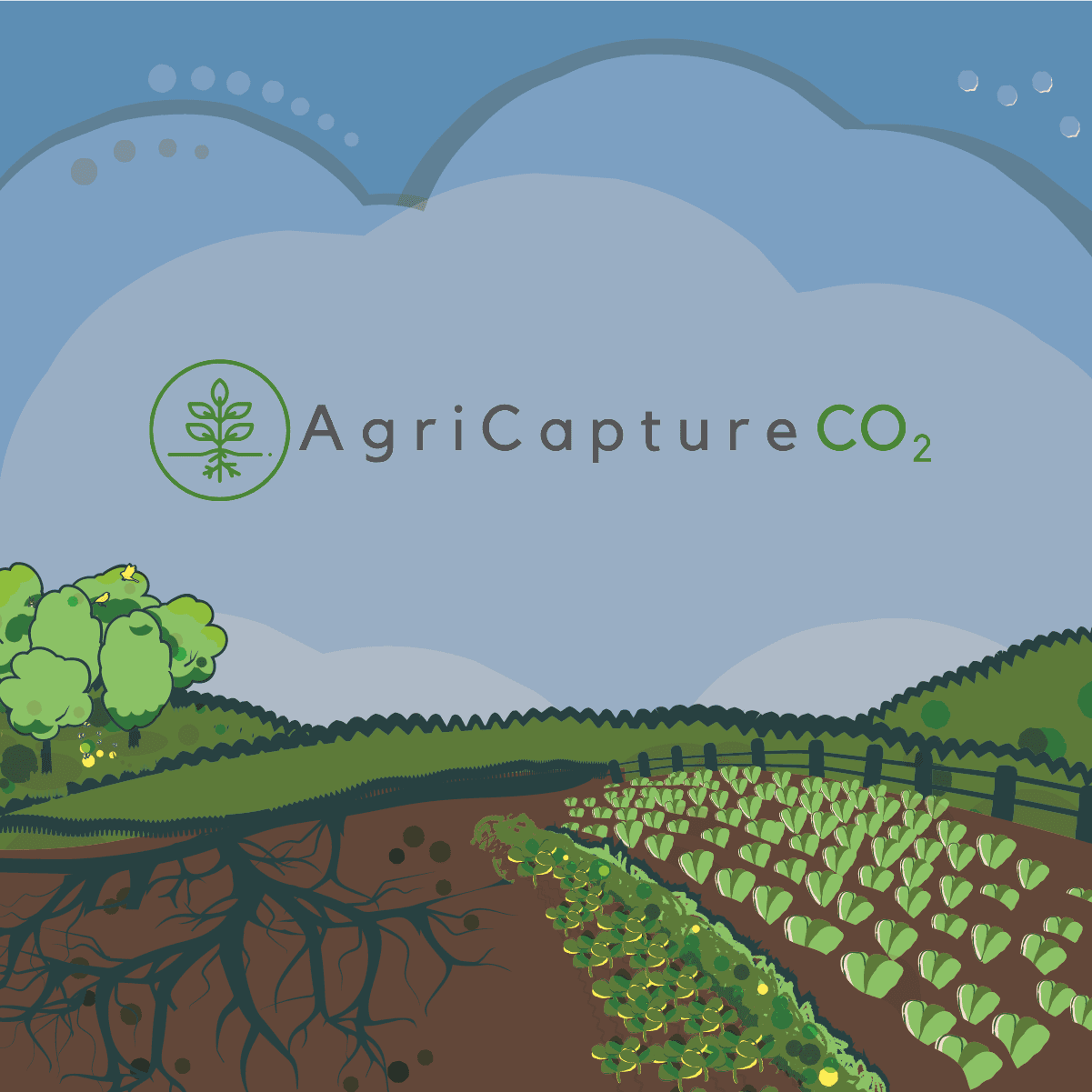
The latest partnership with Nestlé and The Allerton Project aims to link up theory and evidence with knowledge and practice, to assist Nestlé’s transition to more regenerative farming. By drawing on over thirty years of research into sustainable farming methods, The Allerton Project will provide a range of learning and development opportunities, focusing on providing practical land management advice to Nestlé farmers, suppliers and staff.
Regenerative farming is not a new concept. The term itself was coined by the Rodale Institute in the 1980s, although some of the principles and practices go back thousands of years (Noble Research Institute, 2024; Savills, 2024). Regenerative agriculture is however, back with a vengeance, dominating most modern-day ideals of what future and ‘greener’ farming should look like. There’s an abundance of information and enthusiasm for the movement: regen ag has it has its own films – Kiss the Ground, Six Inches of Soil; it has its own festival – Groundswell; some even go as far as saying that ‘this way of farming is really sexy’ (Topping, 2023). Although regen ag promises to address many of the challenges traditional farming poses to the environment, some critics argue that the movement lacks a universal definition and therefore specific objectives can be unclear.
One organisation who have dived headfirst into the regenerative agriculture movement is Nestlé. Nestlé have adopted their own holistic model to regen ag and suggest that rather than a drawback, the absence of a formal definition allows for pragmatism – to adapt practices to local environmental conditions and foster innovation (Nestlé, 2024). In January this year, Nestlé released their ‘Agriculture Framework’ (see here: nestle-agriculture-framework.pdf) setting out their ‘vision for agriculture as a central building block for more regenerative food systems’ (Nestlé, 2024). In the framework, Nestlé list the four main pillars of regenerative agriculture as: biodiversity, water, soil and livestock. The framework also identifies regenerative practices that can contribute to restoring agroecological systems, from recognisable actions such as cover crops and minimum tillage, to less commonplace interventions such as intercropping and irrigation technology.
‘We know we can and we must produce food in a better way that doesn’t cost the earth and contribute to climate change. Even better, we can help to regenerate landscapes we rely on so heavily for food, water, air and our mental wellbeing’ (Nestlé, 2024b).
The Allerton Project has been pleased to work alongside Nestlé on several projects over the years. Most recently, this has been as part of the EU Horizon 2020 Climate Neutral Farms (ClieNFarms) project, which is supporting farmers in the Nestle-Purina cereals supply chain to move toward decarbonisation of wheat production. Developing the existing partnership is therefore a natural progression. At the beginning of 2024, a new partnership between The GWCT Allerton Project and Nestlé UK and Ireland was announced. The strategic collaboration between these two organisations aims to link up theory and evidence with knowledge and practice, to assist Nestlé’s transition to more regenerative farming. By drawing on over thirty years of research into sustainable farming methods, The Allerton Project will provide a range of learning and development opportunities focusing on providing practical land management advice to Nestlé farmers, suppliers and staff. These opportunities for knowledge exchange will be delivered in a variety of formats such as online training through webinars, attendance of Allerton trainers to speak at Nestlé events as well as bespoke training for farmers involved in Nestlé’s LENS (Landscape Enterprise Networks) programme. As part of the ongoing partnership, The Allerton Project is also providing an introductory training course in regenerative agriculture to Nestlé staff.
Nestlé has set clear ambitions to embed regenerative practices within their operations and supply chain, aiming to source 20% of key ingredients from farmers adopting regenerative practices by 2025 and 50% by 2030.
- 2025 Target: Farmers Using Renegrative Practices 20%
- 2030 Target: Farmers Using Renegrative Practices 50%
Nestlé are therefore keen to gain a thorough understanding of what regenerative agriculture realistically looks like on the ground, more specifically on farm. The introduction to regen ag training allows them to access this exact understanding, gaining a practical look of what sustainable farming involves, how the different practices work and what the benefits are. Importantly, the training explores what some of the barriers to uptake are, providing suggestions of the levers for change, all the while highlighting that the regen ag story doesn’t always have a fairytale ending. During the training, attendees are given the opportunity to understand how their department and role interacts with Nestlé’s regen ag commitments, reflecting on what it means to them and how they might utilise the learning in their employment.
Exploring the Future of Sustainable Farming: Key Insights from The Future Farming Focus and Funding Event
On Friday, 15th November 2024, The Allerton Project hosted the Future Farming Focus and Funding event, bringing...
Challenging Soil Conditions in 2024
At the end of February, The Allerton Project organised and hosted a soil event to discuss the state of soil after a...
Environmental Payments and Enablers: Making the Most out of Opportunities
In season 3 of Clarkson’s Farm, cheerful Charlie (aka Charlie Ireland) visits No10 Downing Street to attend the UK...




